
Week’s balance: PM Groysman, Rada’s sabotage, and disappointing IMF forecast
Ukraine’s three-month “premiership” saga is over. The country has received a new Government, which is to meet a number of strategic challenges for Ukraine to get out of economic and political crises.
After nearly three months of political bargaining, backstage agreements and elbowing of political forces, the country has received the new Government headed by Volodymyr Groysman, the ex-Speaker of Parliament and, as the Western media puts it, Petro Poroshenko’s close ally.
A miracle happened on April 14 as 239 MPs supported the appointment of Prime Minister Groysman, at the same time approving resignation of Arseniy Yatsenyuk.
"I would like to thank my opponents and enemies, as you have made me stronger," said Yatsenyuk in his farewell address to the Rada followed by him going out of the session hall accompanied with cheering.
It should be noted that the BPP faction that had been so consistent in seeking Yatsenyuk’s dismissal, took into account the constructive position of both ex-PM and his People's Front faction, quashing the decision on the recognition of the “Kamikaze” Cabinet’s work unsatisfactory.
It was a bit weird to see how the Ukrainian president dealt with the final stage of Groysman’s appointment. He spoke in Parliament, introducing a new candidate for prime minister, praising Groysman and listing the main tasks of the future Cabinet, among them – unconditional cooperation with the IMF . He said he would not let the coalition privatize the president and would remain open for cooperation with all branches of power. But then Poroshenko left the session hall without waiting for the vote - as if distancing himself from what was happening. Although he said earlier he would be a moderator of a government’s change. However, as soon as the voting was over, he came back in with a huge bouquet of red roses, congratulating Groysman on his appointment.
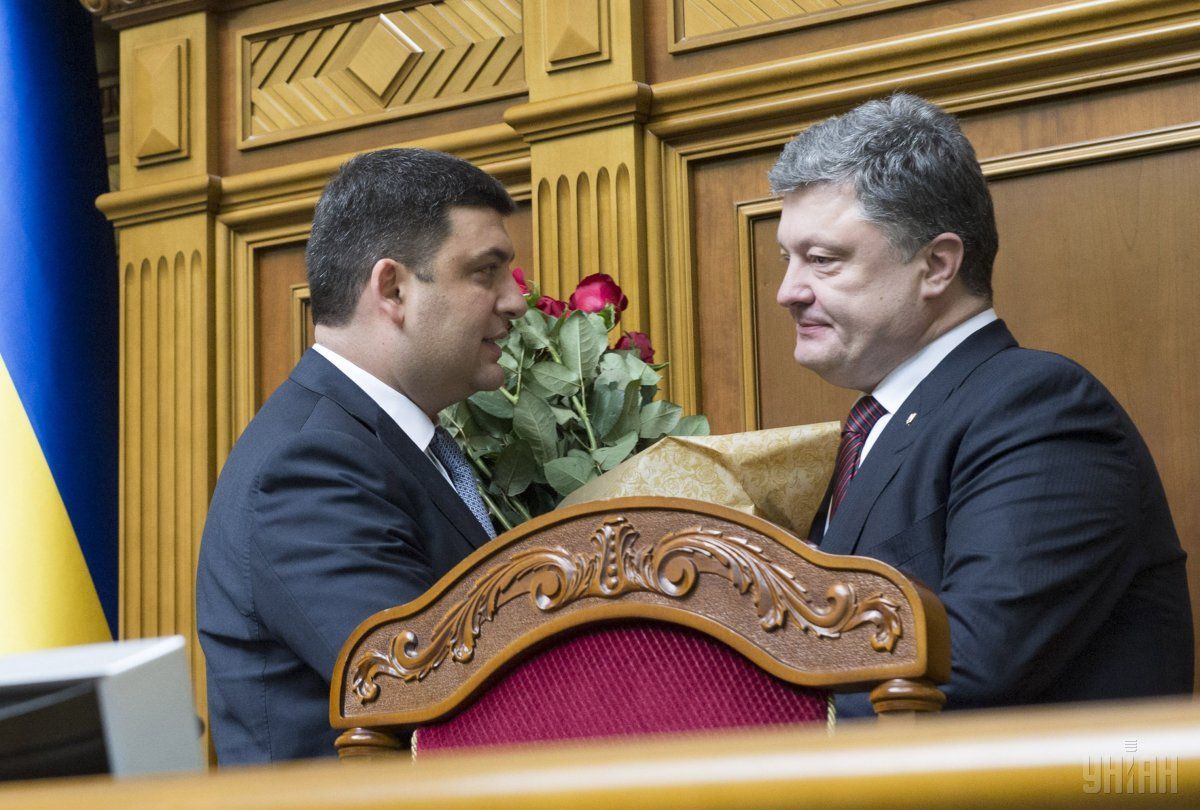
What should the Ukrainians expect from Prime Minister Groysman? Well, right before the vote, still being Rada Speaker, Groysman announced his future policy: "I'll show you what it’s like to manage the state."
And after being appointed, the new prime minister voiced his government’s priority measures: revising tariffs and subsidies (likely downward, which is not really in line with Ukraine's commitments to the IMF), an urgent tax reform and a moratorium on changes to the Tax Code for a period of three to five years, new kinds of support for farmers, health care reform, transparent privatization, boosting defenses, and adjusting the financial market.
Nevertheless, despite such clear goals, the deputies have only managed to adopt from the fourth attempt the program of the new government, thus granting it a one-year immunity.
Meanwhile, Groysman’s successor in the Rada Speaker’s chair Andriy Parubiy stressed that the first three failed votes for the government’s program were due to the lack of the people's deputies in connection with their work in the committees. Although the session hall was full as ever.
The next day, April 15, an hour of questions to the Government was held in Parliament. The new prime minister and the ministers addressed the Rada, outlining their plans. Only time will tell, whether the newly appointed representatives of the executive branch fulfill their promises. Meanwhile, the ministers pledged to release their longer-term program in a month.
The old / new Cabinet
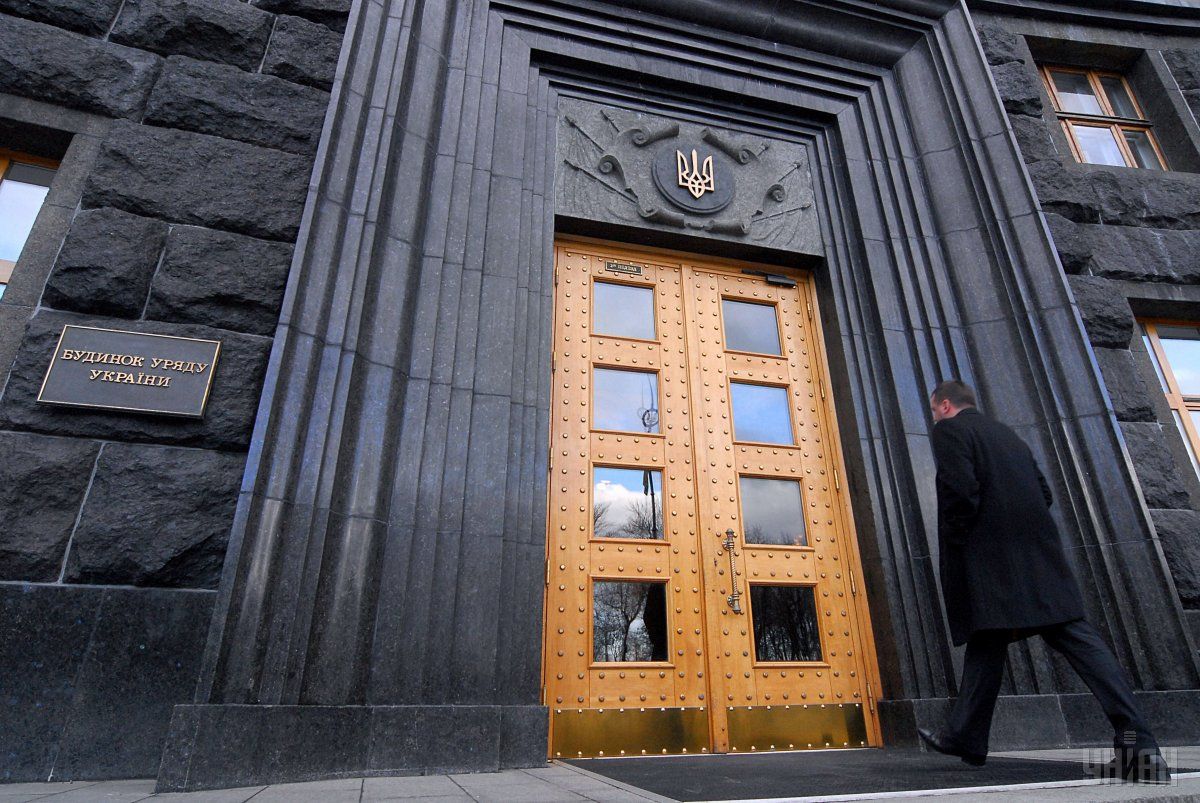
Long political bargaining allowed all parties involved in the new Cabinet to defend their own interests.
For example, the People's Front managed to keep its people on key positions: Arsen Avakov retains the post of a Minister of Internal Affairs, Pavlo Petrenko remains in the chair of a Minister of Justice. In addition, Minister of Ecology Ostap Semerak and Minister of Infrastructure Volodymyr Omelian were appointed under the party’s quota. It is worth noting that Omelian, who has been Deputy Minister of Infrastructure in Yatsenyuk’s government since December 2014, stated that he would resign along with his chief – Andriy Pyvovarskiy – in late 2015. But he never did. After several months in office as acting Minister, he changed his mind and has already said he would continue the reforms initiated by Pyvovarskiy.
Officials under Poroshenko’s quota – Defense Minister Stepan Poltorak and Foreign Minister Pavlo Klimkin – have also retained their positions.
The Bloc of Petro Poroshenko’s quota has brought into the Government more of the president’s allies. Former deputy chief of the presidential administration Oleksandr Danylyuk has become Finance Minister. According to him, he will not radically change the country's financial policy, to which his predecessor Natalie Jaresko adhered. Although Danylyuk has pledged to evaluate in the near future the work of the State Fiscal Service and has not ruled out drastic measures in case problems are revealed.
Another deputy from the presidential faction Ihor Nasalyk became Minister of Energy and Coal Industry. He has already said that his ministry, together with the National Commission for Energy and Utilities Regulation, as well as representatives of the International Monetary Fund and non-governmental organizations intend to analyze transparency of Ukraine’s tariffs. In addition, Nasalyk said he was ready to continue the process of restructuring of the state's largest energy holding Naftogaz.
The chair of a Minister of Agrarian Policy is now occupied by deputy head of the BPP faction Taras Kutovyi. The new head of the Ministry of Agrarian Policy has already said that he is not willing to follow in the footsteps of previous minister Oleksiy Pavlenko, who had offered to privatize all state-owned agricultural enterprises.
The new prime minister has also managed to take some of his allies to the Cabinet. Two of his companions from Vinnitsa – Andriy Reva and Volodymyr Kistion – have become Minister of Social Policy and Deputy Prime Minister on the ATO and the occupied territories, respectively.
At this, Groysman assured that will not change the reformist core: "We will not disperse anyone. The reformist core – in the Ministry of Economy, Ministry of Finance, and other ministries – will continue its work."
Moreover, according to Groysman, the "core" will be headed by Slovak reformer Ivan Miklos, who served as an adviser to ex-Minister of Finance Natalie Jaresko and ex-Minister of Economic Development Aivaras Abromavicius.
Disappointing IMF forecast
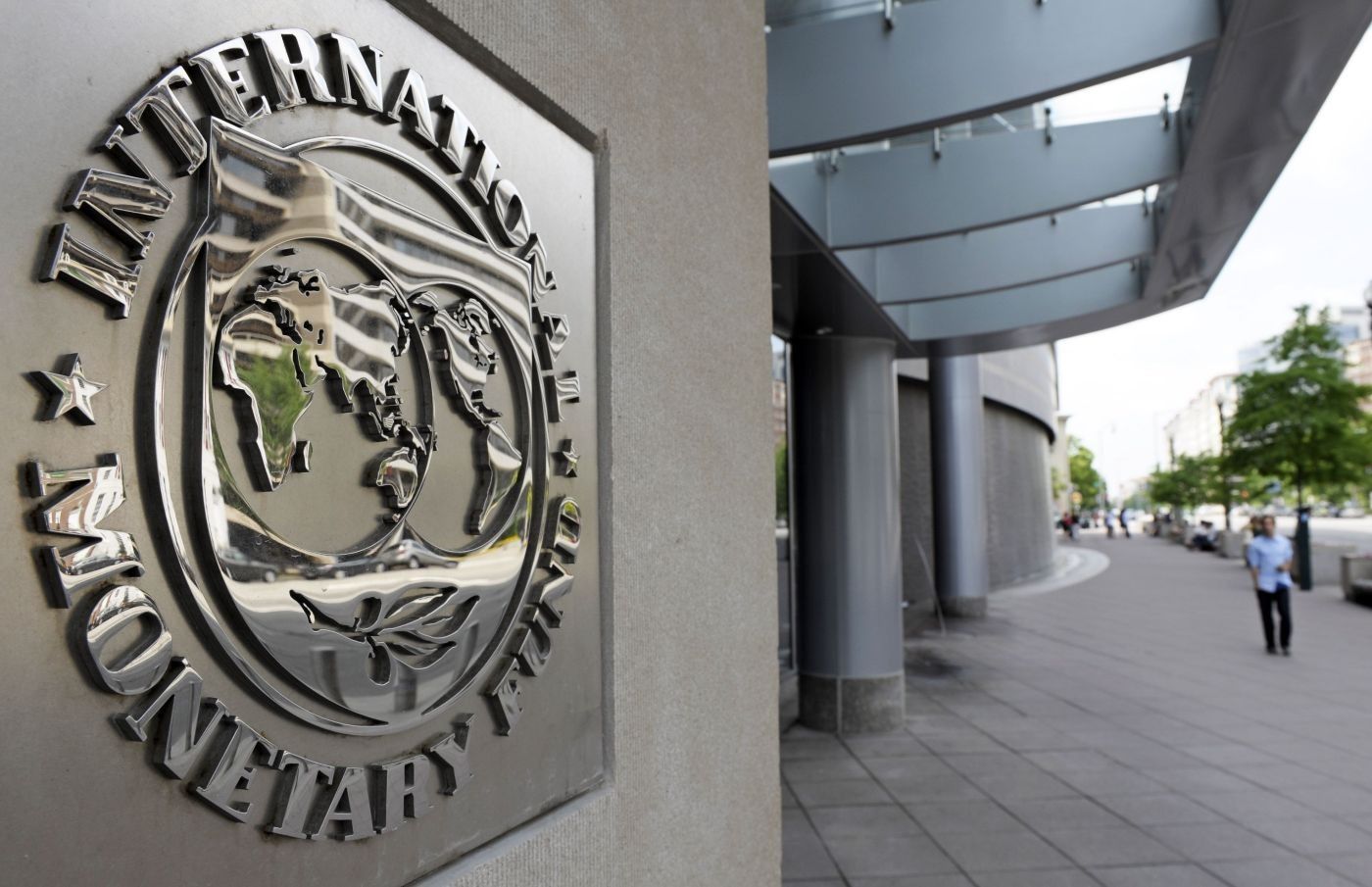
Protracted debate about the coalition’s composition and a reshuffle of ministerial offices have affected the economic situation in Ukraine. Against the backdrop of political instability, the talks on financial assistance have almost halted, while international donors have started to revise their forecasts for Ukraine's economic outlook.
The country’s key creditor, the IMF, has worsened its forecast of growth of Ukraine’s economy to 1.5% in 2016, and of inflation – to 15.1%.
Although, at the end of last year, the IMF suggested that Ukraine's economy will grow by 2% with an inflation rate of 12% in 2016, which was incorporated in the state budget for this year.
The IMF said back then that the growth of the Ukrainian economy would be expected against a background of increasing consumption, increased investor confidence and, as a consequence, increased state revenue and improving credit conditions.
The IMF has kept its forecast for unemployment, which should reach 9.2% in Ukraine in 2016.
The Fund’s prediction for Ukraine for 2017 is more optimistic. It is expected that the economy will grow by 2.5%, inflation – fall to 11%, and the unemployment rate will be at 8.8%.
The Ukrainian government predicted that inflation will fall from 7.5% to 5.5% in the first half of 2016, as it was supposed earlier.
"In the first half, it is expected that the effect of such factors as the saturation of the internal market with goods, the absence of significant fluctuations in the currency market and moderate growth of world prices and low aggregate demand will ensure preservation of modest rates of growth of prices for consumer goods and services," said in a the forecast of the Cabinet.
According to government analysts, the tight monetary policy of the National Bank, the weak purchasing power of the population, and low price dynamics of the major export commodities will also contribute to moderate inflation.
By the way, at the end of last week, quite a positive signal came from the IMF as head of its European Department Poul Thomsen said that the IMF was ready to continue cooperation with the new Government of Ukraine.
At the same time, he stressed that the fund is ready to conclude negotiations on the second revision of the program of reforms in Ukraine, adopted in March 2015.
Sabotage in the Rada
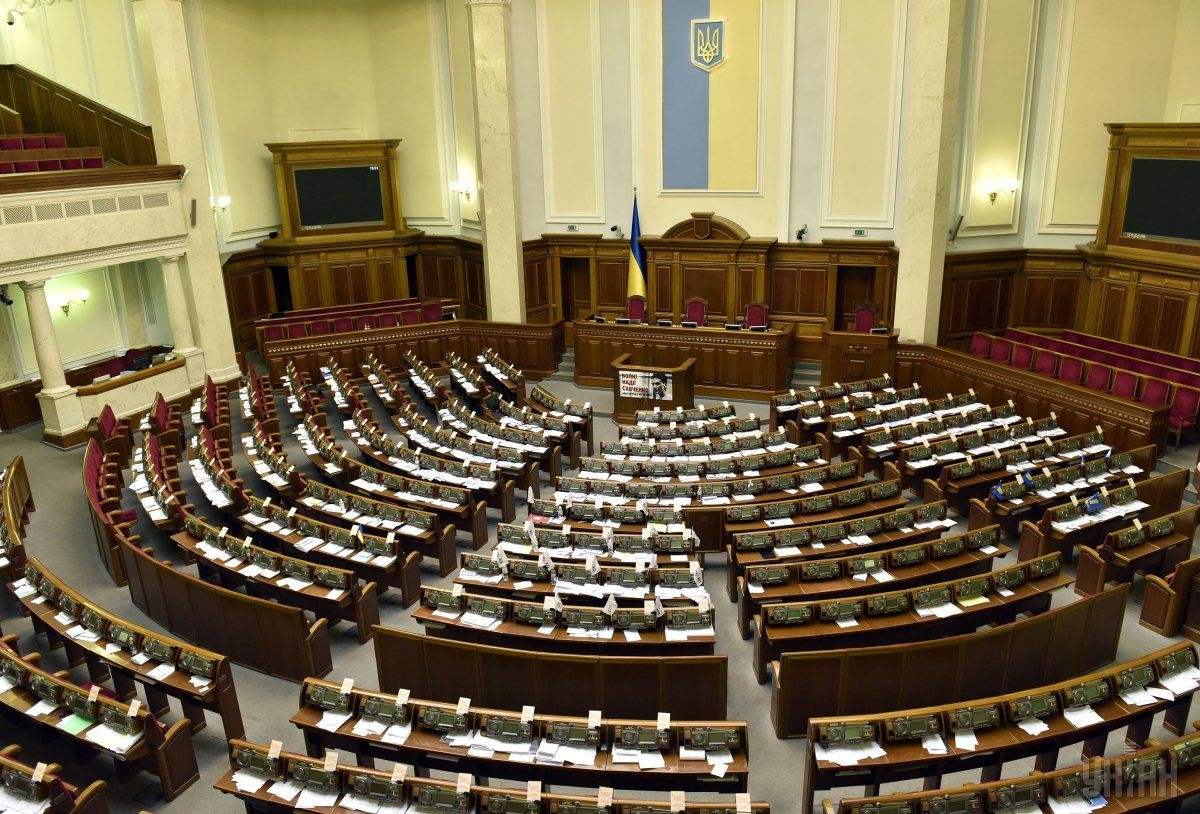
The new government can only be successful with Parliament support. This is what Arseniy Yatsenyuk’s Cabinet was missing, as its initiatives used to be regularly sabotaged by deputies. It is not clear yet, whether the situation will change with PM Groysman. But the way how reluctant Rada was when voting for the Cabinet’s program shows that the situation remains pretty much the same.
Moreover, there have already been failed votes on the new Cabinet’s initiatives last week. In particular, the Rada refused to adopt a number of important bills for the banking sector.
For example, on April 13, the Verkhovna Rada rejected the bill on restoring confidence between borrowers and lenders, which aims to contribute to the resumption of lending in Ukraine, and is a structural beacon of Ukraine’s memorandum with the International Monetary Fund.
According to deputy head of the parliamentary committee on finance and banking policy Ruslan Demchak, this document would help solve problem issues that prevent the resumption of lending to Ukrainian economy.
"In the bill we have eliminated the schemes of illegal withdrawal of property from under the bank encumbrance, provided for a contractual settlement of the order for placing and withdrawing funds from deposit accounts of banking institutions, clearly defined conditions of termination of guarantee, excluded the possibility of the use of social guarantees of the state to evade repayment of the loan and so on," Demchak said.
In addition, the Parliament has failed to support two bills on restructuring of foreign currency mortgage loans to citizens – both the Cabinet’s version and the alternative one, which is not supported by the Government and the National Bank.
Presenting the bills, chairman of the profile parliamentary committee Serhiy Rybalka reminded that the problem with foreign currency borrowers has remained unresolved for more than two years. "I like neither of these documents, but today we are obliged to make a responsible decision,” he said. “On the one hand, we have an imperfect [draft] law proposed by the Cabinet, which can only help part of the borrowers; on the other – a project which will obviously see the President's veto."
Rybalka offered to adopt the government bill as a base to finalize it by the second reading, including removing imperfections and expanding the range of borrowers who will fall under the law’s rule. But the deputies did not support the committee’s proposal, with the government-offered bill, previously approved by the National Bank and the banking community, scoring even fewer votes (186) than the alternative project (194).
Expats for the Ukrainian state-owned enterprises
Rather important news for the Ukrainian economy was the completion last week of competitions for the selection of heads of strategically important enterprises.
The nomination committee under the Ministry of Economic Development and Trade has named potential candidates for the positions of CEOs at Ukrainian Railways and ElectroTyazhMash.
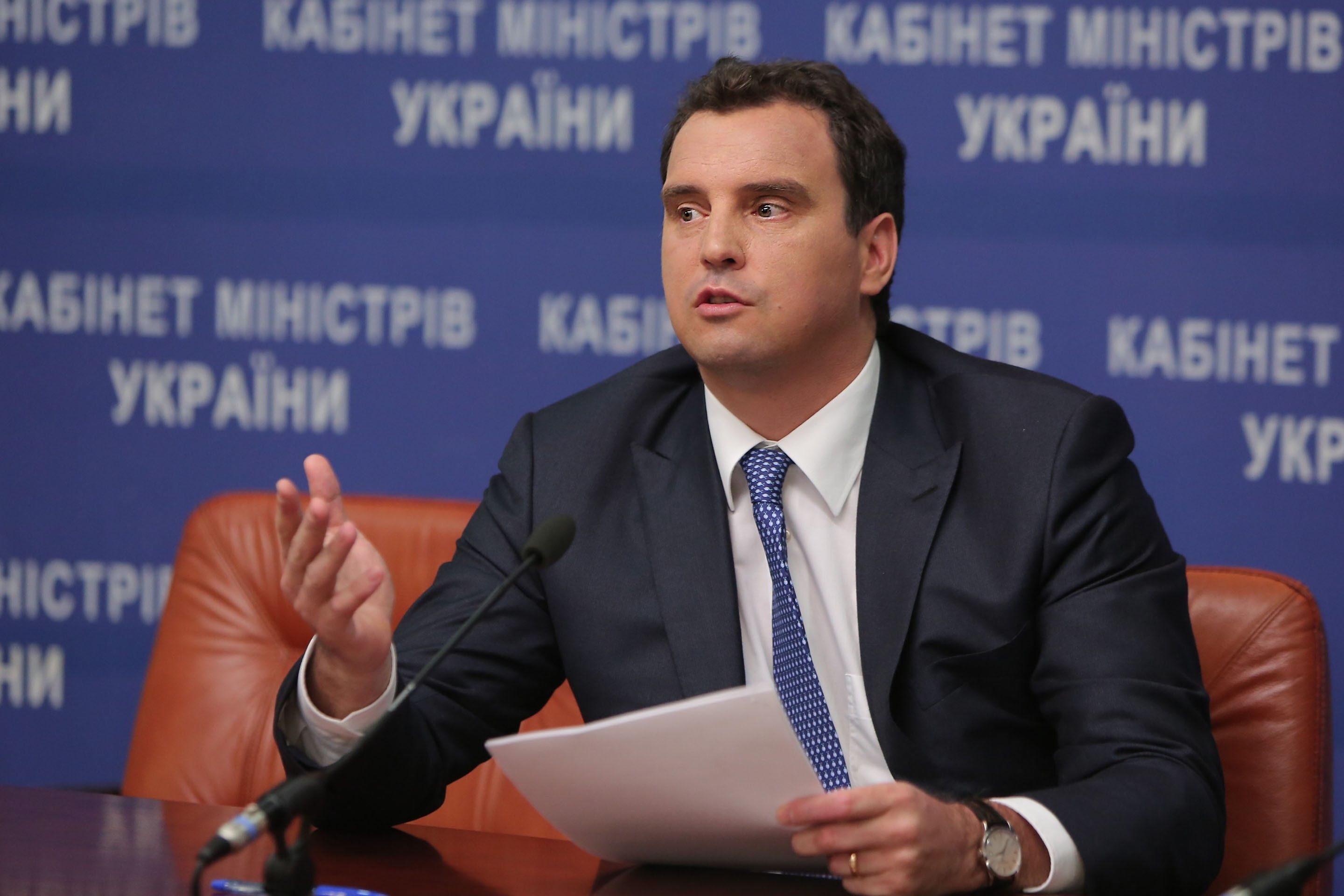
"CEO of Ukrzaliznytsya [Ukrainian Railways] was elected Wojciech Balchun from Poland. Wojciech is a young, but super-successful, head of the largest Polish companies. First, he starred as the head of the largest Polish bank PKO BP, and then reached career heights, leading the Polish Railways PKP Cargo. He held there a large-scale reorganization of the management system, transforming PKP Cargo almost to a competitor to Deutsche Bahn [Germany-based main railway operator], took the company to the IPO and went on a well-deserved vacation. A successful person is successful in everything. He is a Polish Slava Vakarchuk [Vakarchuk is a frontman of a highly acclaimed Ukrainian rock band Okean Elzy], he is a leader of Poland’s most successful rock band. For four years already, he has headed the supervisory board of LOT Polish airlines,” ex-Economy Minister Aivaras Abromavicius said about the winner.
Electrotyazhmash, which for six months has been in litigation between its dismissed leadership and the Ministry, has also received a new CEO – the French national, Jean-Andre Barbosa.
"Over 17 years of experience in leading positions, including in Eastern Europe and the CIS. Performed best at the helm of several plants owned by French companies. He lives in Poland, married to a Ukrainian," said Abromavicius.
As Abromavicius has told UNIAN in his comments, the annual salary of the new Ukrzaliznytsya CEO will be up to $1.5 million, and the Electrotyazhmash CEO – up to $600,000.
As the previous Cabinet did not have enough time left to appoint the new CEOs, Abromavicius called for the new Government to approve the selected candidates.
"Over the past 10 weeks, we have been able to complete the important steps – choose CEOs for three state-owned enterprises – Ukrposhta, Ukrainian Railways, and Electrotyazhmash. It’s up for the new government to approve these new managers in office as soon as possible. This will be a litmus test of [the government’s] orientation toward reform, as well as a chance for the new prime minister to show his desire to remove corrupt interests out of the state-owned companies," said Abromavicius.
The coming week is to show how Groysman will act.
Vladyslav Shvets (UNIAN)

